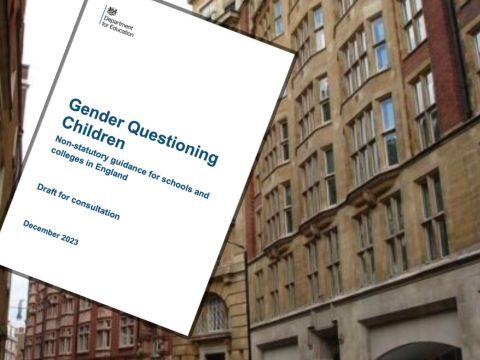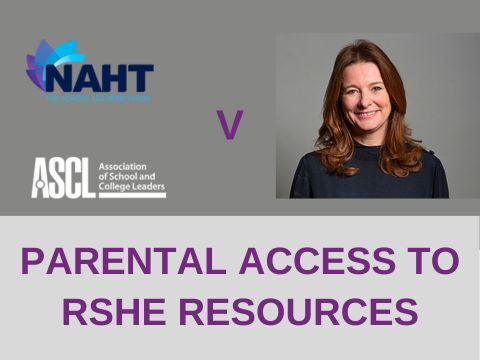

The issue of Halal meat in Schools
In July of this year, Lancashire Council became the first in the UK to ban unstunned halal meat from being served in schools. Not all providers of halal meat will not stun the animal prior to slaughter, but The Lancashire Council of Mosques argued that the halal slaughter process “must avoid all forms of stunning.” In addition, “the slaughterman must personally invoke the name of Allah prior to every slaughter.”
A freedom of information request to Liverpool Council in 2010 asked how many schools served halal meat in the Liverpool council area. The Council responded by saying that they did not hold this information centrally. This lack of central information means that nobody knows how many schools are serving halal meat in their canteens. There are certainly schools that only serve halal meat, whilst offering vegetarian alternatives. In some cases parents have not been informed that their children are eating halal meat. One school abandoned plans to serve only halal meat just hours after sending letters announcing the plan after parents complained.
Animal welfare is one reason why parents might want to object to halal meat in schools. Halal slaughter is also a religious sacrifice to Allah which means that some parents will have religious objections.
Parents’ rights matter


This principle is so important, and so deeply enshrined in our law, that in nearly identical language, it has also been ratified by the United Kingdom in no less than 5 other international treaties: article 5(1)(b) of the Convention Against Discrimination in Education; article 13 of International Covenant on Economic, Cultural and Social Rights; article 26(3) of the Universal Declaration of Human Rights; article 18(4) of International Covenant on Civil and Political Rights; and articles 14 and 18 of the United Nations Convention on the Rights of the Child.
To this extent, the European Court of Human Rights has repeatedly held that “it is in the discharge of a natural duty towards their children- parents being primarily responsible for the “education and teaching” of their children- that parents may require the State to respect their religious and philosophical convictions.” This statement strikes at the heart of the law protecting parental rights. Parents love their children more than the State or a school ever could, and therefore Parliament has recognised that parents ultimately control what kind of education their child will receive. Schools assist parents in this task; but do so with the understanding that they cannot usurp parental authority, or act in a way which undermines it.
Intriguingly, the Grand Chamber of the European Court of Human Rights, in the landmark decision of Refah Partisi v. Turkey, held that sharia law principles are not compatible with a democratic society. For this reason, no country in Europe, Great Britain included, is obligated to accommodate sharia principles. This fact lends all the more authority to parents who object to having halal meat being served in their children’s schools.
The United Kingdom is a noble country which seeks to accommodate the needs of its minorities. Muslim children uncontestably have the right to provision of halal meat for their school meals, just as account should also be taken of the dietary requirements of other groups, such as vegetarians or coeliacs. However, halal meat should never, as policy, be imposed on the majority, who will not share the religious requirements of the minority group; and, indeed, will in many cases find consuming halal meat unconscionable. And where Muslim children are the majority in a school, then it is essential that provision be made for non-Muslims, including Christians and those of other faiths, so that they are able to access clearly identifiable non-halal meat options at lunch time. Collaborative efforts work best, so if you wish to complain about halal meat in schools we suggest getting a group of parents together to collectively complain.
Much more than simply knowing our rights, if parents wish to enjoy them, they will need to act on them.
Parent Power






